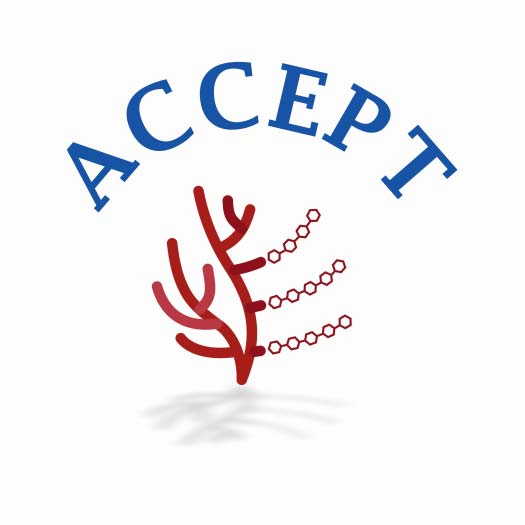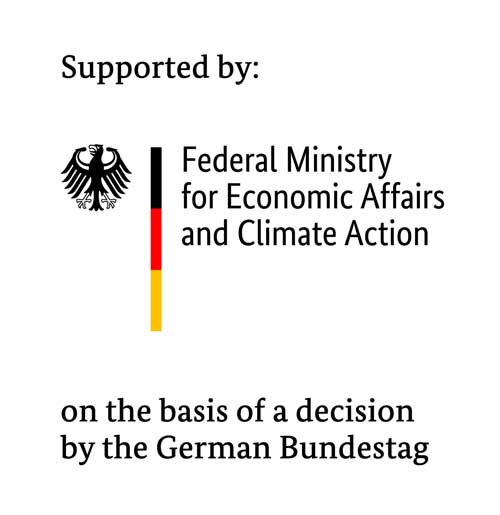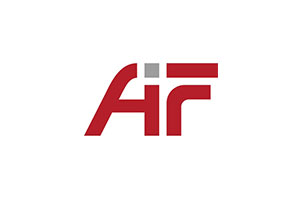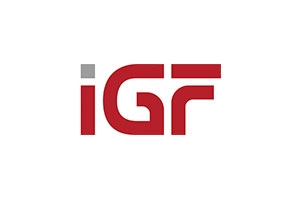Processing algae biomass into barriers in packaging


Seaweed is a traditional ingredient in Asian cuisine. However, it can also be used as a raw material for the extraction of algae-specific polysaccharides such as alginate, carrageenan and agar. The latter substances are now being used in industrial sectors such as food production, biotechnology, paper production and printing. Marine algae can play a key role in a biobased circular economy of the future. Not only are they a rapidly renewable resource that can be harvested in a sustainable manner; they also contain many valuable ingredients.
Algae-based coatings and packaging films
It is already known, for example, that when algal polysaccharides are used to coat packaging films, this greatly improves their barrier properties against oxygen. In the case of most foodstuffs, any packaging must offer an adequate oxygen barrier in order to ensure proper protection. To date, the material of choice is conventional, hydrocarbon-based packaging, which comprise multilayer composites that are difficult to recycle even in countries with established disposal systems. In countries without an effective refuse-collection system, more and more plastic waste is being released into the environment. This in turn causes the formation of microplastics in the sea and soil, thereby creating long-term global problems for the environment. Food packaging made from algal polysaccharides may well offer an alternative here. Not only is such packaging biodegradable and made almost entirely from biological materials but it also has comparable techno-functional properties to conventional food packaging.
ACCEPT: a holistic approach
ACCEPT was a CORNET project to investigate the use of marine algae as a feedstock for biobased packaging materials, as an edible coating for freshly harvested fruit, and as an environmentally friendly pesticide. The project consortium was made up of research and industry partners from Germany (Fraunhofer Institute for Process Engineering and Packaging IVV and the German Industry Association for Food Technology and Packaging (IVLV)) and Brazil (Companhia das Algas, USP – Universidade de São Paulo, UNESP – Universidade Estadual Paulista, and ITAL – Instituto de Tecnologia de Alimentos) along with a committee of small and medium-sized enterprises.
In the north-east of Brazil, the naturally occurring seaweed was collected, purified and dried. Some of the algae was then processed on site in Brazil to test it as a natural pesticide on crops. As such, these products can help prevent food waste and also protect the soil and groundwater by reducing the use of chemical pesticides.
From flotsam to packaging
Meanwhile, back in Germany, Fraunhofer IVV was using a specially developed fractionated extraction process on part of the algae biomass collected in Brazil. Here, the challenge was to obtain the purest possible extracts with a consistent chemical composition and controllable technofunctional properties. Therefore, the extraction processes were first developed in the laboratory using cultivated algae with known composition and then tested on the Brazilian beach algae.
Both casting films and paper coatings were produced from the extracts obtained. In addition, pure, commercially available phycocolloids were evaluated regarding their potential and used both natively and modified. Different cross-linking methods were used to further improve the oxygen barrier while decreasing moisture sensitivity. In addition, the effects of the viscosity of the formulation and the type and quantity of plasticiser were tested. The influence of different paper substrates on the barrier properties was also investigated, as well as different top coatings that protect the phycocolloid layer from moisture and thus maintain its functionality.
All materials were analysed for oxygen barrier and grease resistance, with the best combinations achieving scores comparable to a conventional oxygen barrier at ambient conditions. With a closed coating, all phycocolloids had good to very good barriers to grease.
Project term: |
2021 to 2022 |
Project management |
Federation of Industrial Research Associations AiF (via the Industrievereinigung für Lebensmitteltechnologie und Verpackung e. V. (IVLV))/Federal Ministry for Economic Affairs and Climate Action (BMWK) |
 Fraunhofer Institute for Process Engineering and Packaging IVV
Fraunhofer Institute for Process Engineering and Packaging IVV

